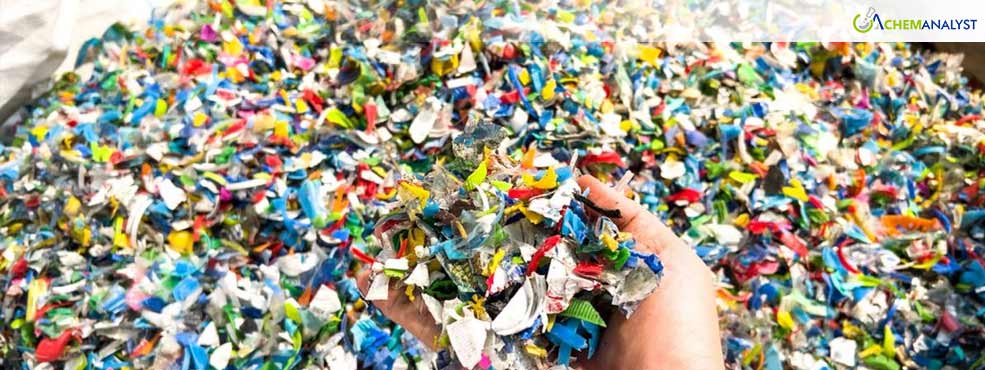Welcome To ChemAnalyst

In a serendipitous moment of scientific discovery, a team of researchers at the University of Alabama has stumbled upon a revolutionary method for recycling plastic.
Key Takeaways:
While experimenting with compounds to break down polyethylene terephthalate (PET), the team inadvertently discovered that imidazole, a versatile industrial compound, could effectively decompose PET into valuable molecular components.
Professor Jason Bara, the lead researcher on the project, recalled the moment of discovery. “My student came back into the lab and said, ‘Oh — the plastic is gone. It’s all gone,’” he said. The team had been testing various compounds to see what might break down PET, but imidazole surpassed all expectations, leading to a groundbreaking breakthrough in recycling technology.
Current methods for recycling PET are limited and typically involve mechanical or chemical processes that result in lower-quality plastic that is less versatile for reuse. These traditional recycling methods rely on amines, which are less efficient and produce compounds with restricted applications. However, imidazole not only broke down PET effectively but also produced reusable molecular components that could be used in a variety of industries, significantly enhancing the potential for recycling.
While PET is one of the most common types of plastic, the discovery extends beyond just water bottles. The research team found that imidazole is also highly effective at breaking down polyurethane (PU), another widely used plastic found in furniture, insulation, packaging materials, and more. This is particularly noteworthy because biodegradable PU is still under development, and vast quantities of existing PU contribute significantly to the global plastic waste crisis. The ability to decompose PU into reusable components could significantly reduce the environmental burden associated with this durable plastic.
“This could have a much bigger impact than just recycling PET,” emphasized Professor Bara. “The ability to effectively break down PU into reusable components could be a game-changer in our efforts to curb plastic waste. This technology could address one of the most persistent challenges in plastic recycling.”
The University of Alabama is currently seeking patents for this innovative method, which could have far-reaching implications for the global recycling industry. This accidental discovery underscores the value of curiosity-driven research, where unexpected breakthroughs can lead to revolutionary innovations.
We use cookies to deliver the best possible experience on our website. To learn more, visit our Privacy Policy. By continuing to use this site or by closing this box, you consent to our use of cookies. More info.
